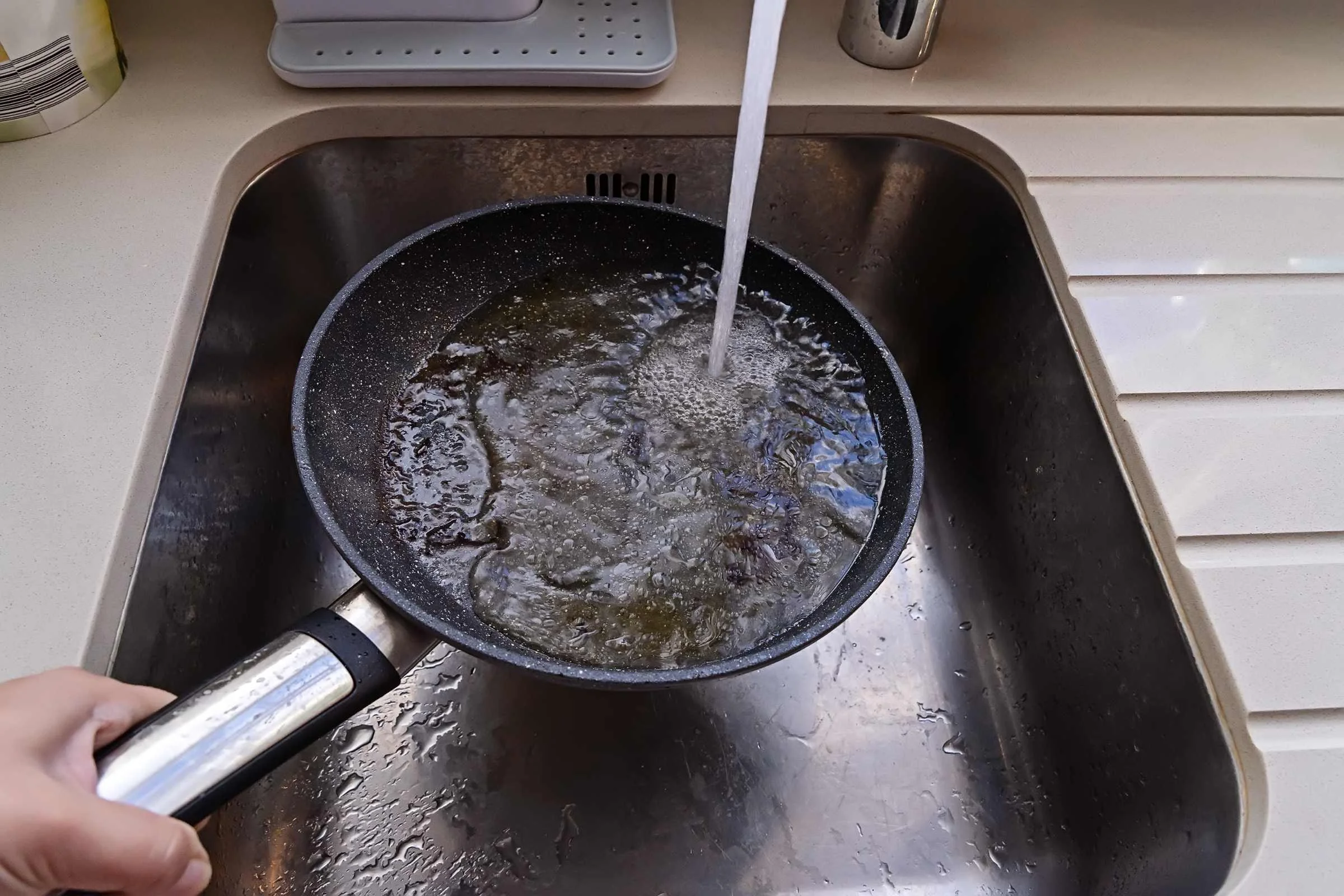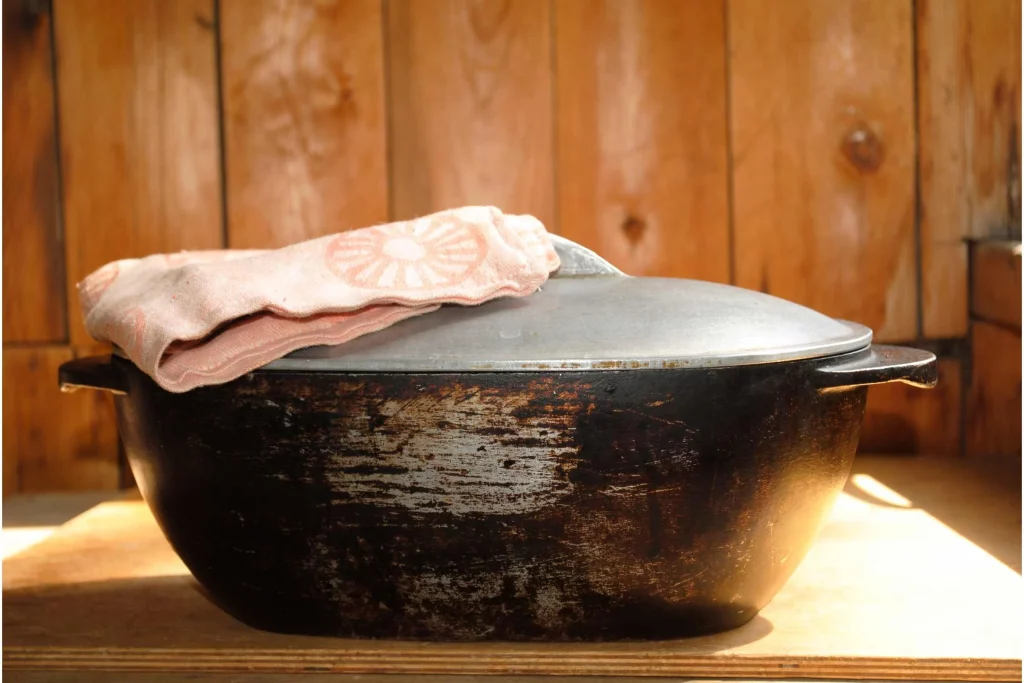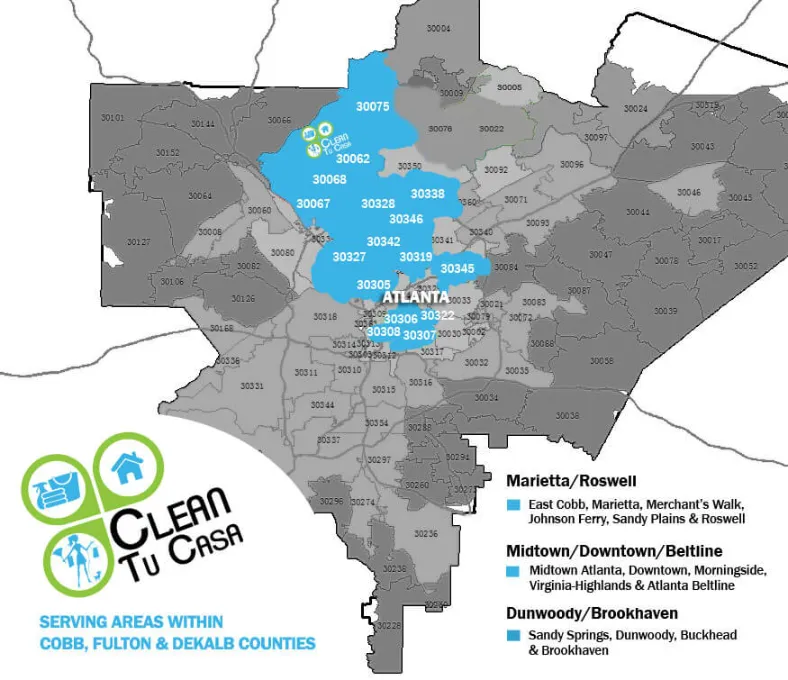Cleaning Tips
Published On
A Complete Guide on How to Clean Cast Iron Cookware
Written By
For some intriguing reason, cast iron cookware is making a comeback, and sincerely, we are all for it. Some people might just be catching on to the cast iron train, but for some others, you’ve been here for a while. But wherever you are in your experience with this timeless material, you would still love this guide on how to clean cast iron cookware.
Cast iron cookware has been used since the 5th century B.C. and only declined when cheaper aluminum cookware became more prevalent. If this material has survived millennia to still be of use in our lives, there are bound to be some benefits of cast iron that just can’t be replaced. Join us to learn more about this material and how to clean it.
Why Choose Cast Iron?
Many claim cast iron cookware care is very involving and stressful, yet these utensils are becoming more commonplace in kitchens. This is because the extra care needed for the material is worth it when compared to the benefits, which include:
- Versatility in cooking: Cast iron cooking versatility is unmatched. These cookwares can be used for everything from making omelets to searing steak. And the best part? It gets better with use. Over time, cast iron develops a natural non-stick coating called seasoning, making it more versatile for cooking.
- Durability and longevity: The material is strong and can withstand much wear and tear. That is why many commercial chefs ensure their utensils are made with durable cast iron. Also, why some cast iron skillets are family heirlooms passed from generation to generation.
- Heat retention: The heat properties of cast iron also make it great for cooking. This material heats up slowly but evenly, spreading heat throughout the cookware. Plus, the heat retention is top-notch. This means that when your even-heating cast iron gets hot, it stays that way.
- Safe to Use: Unlike non-stick cookware that has been discovered to emit certain toxic fumes at high temperatures, cast iron is very safe to use. It can be used at very high temperatures without any health concerns.
Caring For Your Cast Iron Cookware

Cast iron maintenance isn’t difficult. It only requires a different technique than cleaning other materials. Your stainless steel pan can be easily washed with soap and even steel wool, but you’d need other methods for this material.
1. Seasoning Tips
As you use your cast iron pan, the food grease will build up and get polymerized, producing a dark patina that coats the surface of your cookware. This is called cast iron seasoning. Don’t worry, it’s a good thing.
This seasoning gives your cookware a non-stick coating so you can fry or sear steak without worries. It occurs naturally, but you can also speed the process along. Here’s how to do it:
- Clean the cookware: Use hot, soapy water (yes, soapy) to remove the excess debris from the cookware. You can also use a sponge or stiff brush to scrub the surface.
- Apply oil: Next, apply cooking oil on the entire cookware surface, including the handles and exterior. Make sure it’s a thin, nearly invisible layer of oil.
- Preheat oven and bake cookware: Preheat your oven to 325-400°F (162-204°C). Place your cookware on the top rack, and set an aluminum sheet on the bottom to catch any oil drips. Let it bake for 1-2 hours, then take out your seasoned cookware once it’s cool.
2. Tackling the Soap Controversy
There’s this saying that soap and cast iron cookware don’t mix, as soap can strip the seasoning. Now, that isn't true. Cast iron seasoning is made of polymerized oil that can’t be harmed by modern dish soap. However, avoid oven cleaners made with lye or sodium hydroxide, as they can damage the seasoning and even the iron.
Note that seasoning builds up over time. So, while soap isn't harmful to your old pots, that brand-new one would be fine without it.
3. Drying and Storage
No one wants to see rust on their cookware. This is why drying cast iron utensils before storing them properly is necessary. You can put your cookware on the stovetop or oven over low heat to dry it after cleaning. Afterward, keep it away from moisture.
Everyday Cleaning Routine
The trick to cast iron maintenance is daily cleaning. Fortunately, it is an ongoing process that is not so difficult to perform. You only have to scrape and wipe cast iron cookware to get the best out of it. Here’s how it’s done:
- Scrape off residue: First, remove as many particles as possible from the surface with a scraper or spatula. But try not to scrape too strongly to avoid harming the seasoning.
- Wipe with a microfiber towel: The next step is to wipe the pot or pan down while it is still wet. This should be the end of your cleaning. However, if there are any stubborn food particles, you can move to step three to remove residue from cast iron.
- Hot water rinse, then scrub: Hot water would help loosen stubborn food particles. Leave this for five minutes, then scrub gently. You should have all the residue out now.
- Thorough drying: Dry the griddle pan thoroughly with a clean cloth, paper towel, or heat to avoid rust buildup.
Handling Common Issues

You may encounter a few issues when using your cast iron cookware. We’ll try to tackle the common ones here.
- Addressing uneven heating: You may notice your cast iron pan heating unevenly. This can be a result of your seasoning or faulty heating coils. However, you can easily overcome this by preheating your cookware in the oven before use.
- Managing sticking issues: Your cast iron cookware may become sticky to the touch. This shows that there’s too much oil in the pan's seasoning. Place it upside down on the top rack of your oven, and heat it at 450-500°F. Line the oven to collect any oil that may drip out from the pan. Once this is done, your cast iron sticking issue should be sorted.
- Dealing With Rust: The seasoning on the utensil and voiding moisture is usually enough to prevent rust on cast iron. However, if rusting still occurs, you can handle it in a few easy steps. Heat your cookware for 20 minutes to loosen up the rust. Leave it to cool, then scrape off all the rust you can. Once that’s done, coat the pan with cooking oil and scrub with steel wool.
Cast iron cookware is on the rise again thanks to its numerous benefits, including non-stick seasoning, durability, and versatility. And with the guide above, you can be assured that yours will last long enough for you to enjoy all these benefits.
Clean Tu Casa is the team to call for any cleaning service in Atlanta. We offer Atlanta residential cleaning services and corporate cleaning services. We provide commercial cleaning services in Marietta, Buckhead, and Brookhaven areas. Whether you want a one-time, weekly, bi-weekly, or monthly cleaning, simply reach out to us for your free quote today.
